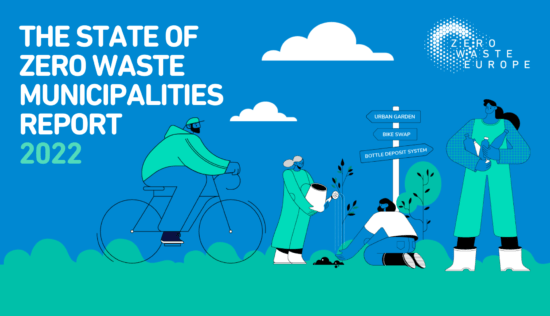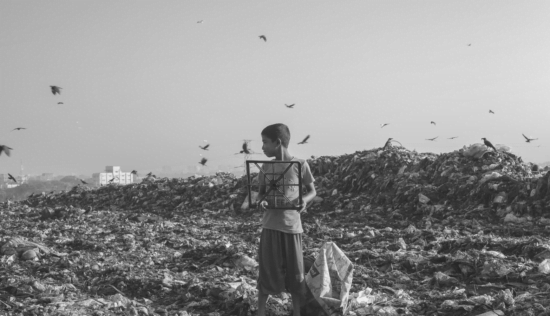As the Circular Economy is too often narrowed to recycling, it is now time to take a leap forward and start focusing on prevention.
By voting an ambitious framework on waste prevention and plastics reduction, the Balearic government paves the way for what should become the norm all across the EU.
With the Waste and Polluted Soils Law, the Balearic Islands not only make waste prevention a top priority but also establish clear and binding reduction targets for the generated waste. The islands will indeed have to reduce it by 10% by 2021 and by 20% by 2030 compared to 2010.
This pioneering law focuses first on single-use items – mostly plastic items – by banning them: bags, cutlery, plates, straws, cotton buds, sweets sticks, products containing microplastics or nanoplastics or the non rechargeable and non reusable versions of lighters, shavers, printer toners and cartridges. Moreover, it incentives the use of reusable packaging through the installation of water fountains or the inclusion
of waste prevention criteria in public procurement. This goes beyond what required by the new EU laws to reduce single-use plastics, setting the example for successful implementation at the national and local level.
Furthermore, the law does not stop here, as it also targets food waste through the adoption of a food waste reduction strategy, WEEE (Waste Electrical & Electronic Equipment), textile and furniture through the promotion of reuse. Among many other relevant measures, this legislation further develops the EPR (Extended Producer Responsibility) by making the packaging producers responsible for the whole cost of their management.
Such a comprehensive law is a huge step forward a Zero Waste society and would not have been possible without the determination of our member Rezero whose work enabled that level of ambition.
From raising waste and single-use plastic items to the political dialogue with parties and institutions and through the proposition of reports and concrete measures, Rezero greatly contributed to this achievement.
The Balearic Law represents a major step towards the abandonment of the use and throw away culture which the current production model has brought us over the last decades. Finally, we are moving from the 3R discussion,where the first R from Reduction was only discursive, to its materialisation with specific targets, prohibitions and regulations on plastics and single use products.
Rosa Garcia, Director of Rezero
As a matter of fact, this law is the proof that regions and countries all across Europe can raise the ambition for single-use plastic prevention, and engage in a race to the top towards a future free from plastic pollution.
At the same time the Balearic islands proved not only that the Circular Economy should not be reduced to recycling but also that it can be translated into concrete measures. Now it is time for the European Union to follow the example.
After the Waste Framework Directive update last May, which established new binding targets for recycling and set the frame for potential waste prevention targets, it is time to act. This year, the European Commission has to “establish indicators to measure the overall progress in the implementation of waste prevention measures” (1) which will be the basis of potential waste prevention targets. Let’s hope the ambitions displayed will match actual measures, especially when such good examples prove that it is more than feasible.
NOTE:
1. Art 9(7) of Directive (EU) 2008/98.





